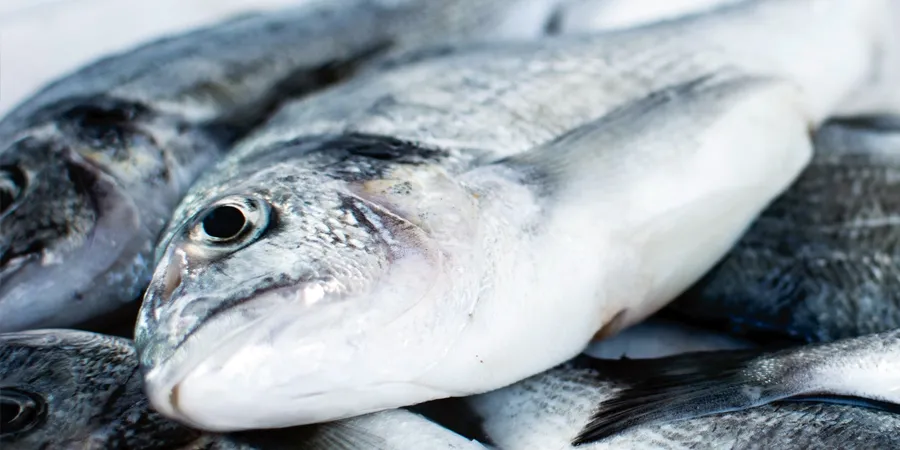Fishery production in Mozambique grew by almost 25% in the first quarter of 2024, to 107,077 tonnes, driven by aquaculture, according to budget execution data which Lusa accessed last week.
According to government figures, this is 20.5% of the total target of 522,671 tons, spread between fishing and aquaculture, defined for the entirety of 2024.
Industrial aquaculture grew the most from January to March, more than doubling in volume year-on year to 1,596 tons, 31.6% of the target for the entire year.
The budget execution report for the first quarter highlights that in industrial aquaculture “there is a seaweed production initiative in the province of Nampula, which contributed 60 tons in the period under analysis”.
“Live crab and live lobster, captured in maritime waters and kept in production establishments for export, contributed to aquaculture production with 621 tons and three tons respectively, which provided a positive performance in this subsector,” it reads.
Small-scale aquaculture fell 7.1%, to 588 tons.
In terms of volume, artisanal fishing continued to lead, with 101,056 tonnes, a year-on-year increase of 23.8%, with the province of Zambézia in the centre of the country leading (26% of the total), followed by industrial fishing and semi-industrial, with 3,837 tons, a growth of 19.2% compared to 2023.
Fishing production in Mozambique reached 496,373 tons in 2023, a growth of 9% in one year and above the defined targets, according to a budget execution report from January to December previously consulted by Lusa.
Artisanal fishing led the way, with 466,491 tons in 2023, an increase of 7.8%, followed by commercial fishing (industrial and semi-industrial), with 20,230 tons and an increase of 16.4%, while aquaculture production grew 73.1%, to 9,553 tons.
In commercial fishing, shrimp led last year’s production, with 3,041 tons, an increase of 18.7% on 2022 catches.
Aquaculture activity in Mozambique is developed at both the industrial level and on a smaller scale, producing (in addition to various types of fish) shrimp, crab and lobster, especially in the provinces of Tete, Gaza and Maputo.
Despite this performance, production was affected in 2023 by “excessive rains causing flooding” in Maputo, as well as by the passage of Cyclone Freddy twice, the first in the southern zone, particularly in the province of Inhambane and, later, in the central zone and north of the country, with the highest impact in the province of Zambézia.
